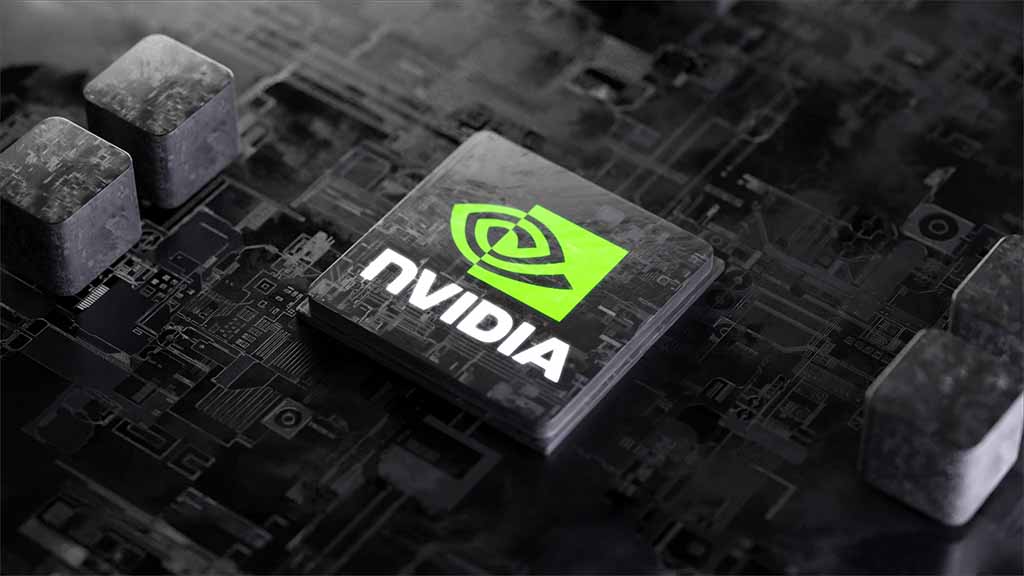Beijing has reportedly issued a stern directive to its leading tech companies: steer clear of Nvidia’s new H20 AI chips and instead pivot their focus towards domestic alternatives, with Huawei’s burgeoning AI chip division emerging as the preferred choice.
The Tech Battleground Heats Up
This latest move marks a significant escalation in China’s drive for technological self-sufficiency, particularly in the critical artificial intelligence sector. For years, Chinese firms have heavily relied on advanced semiconductors from foreign giants like Nvidia, especially for their sophisticated AI development needs.
However, escalating US export controls, designed to curb China’s access to cutting-edge chip technology, have prompted Beijing to double down on cultivating its own domestic champions. The Nvidia H20 chip itself was specifically designed for the Chinese market, a watered-down version of its most powerful processors, aiming to comply with US restrictions while still providing high-performance computing.
Nvidia’s Hurdles, Huawei’s Rise
Despite Nvidia’s efforts to navigate the complex geopolitical landscape, it appears China is pushing even harder for outright substitution. This directive signals a clear intent to reduce reliance on any foreign technology that could potentially be impacted by future sanctions or supply chain disruptions.
The biggest beneficiary of this policy shift is expected to be Huawei, the Shenzhen-based tech titan that has been at the forefront of US sanctions. Despite being blacklisted by Washington, Huawei has made impressive strides in its domestic chip development, particularly with its Ascend series of AI processors.
Industry insiders suggest that China is actively encouraging major players in cloud computing, internet services, and AI research to transition their infrastructure to systems powered by Huawei’s Ascend 910B chips, which are seen as the leading domestic alternative to Nvidia’s offerings.
What This Means for China’s Tech Future
This move isn’t just about individual companies; it’s a strategic push to reshape China’s entire tech ecosystem. By prioritizing home-grown solutions, Beijing aims to:
- Boost Self-Reliance: Ensure a secure and independent supply chain for critical AI infrastructure.
- Strengthen Domestic Champions: Provide a massive market and significant resources for local chip designers and manufacturers.
- Mitigate Sanction Risks: Reduce vulnerability to future foreign trade restrictions.
While the transition may present initial challenges for companies accustomed to Nvidia’s dominant technology, the long-term goal is to build a robust, independent AI industry that can compete globally without relying on external suppliers. The message from Beijing is loud and clear: for China’s tech future, it’s increasingly “Made in China.”






